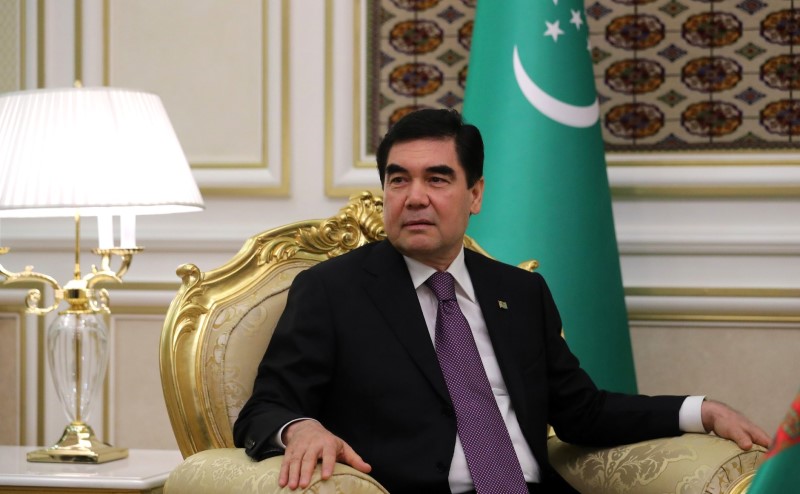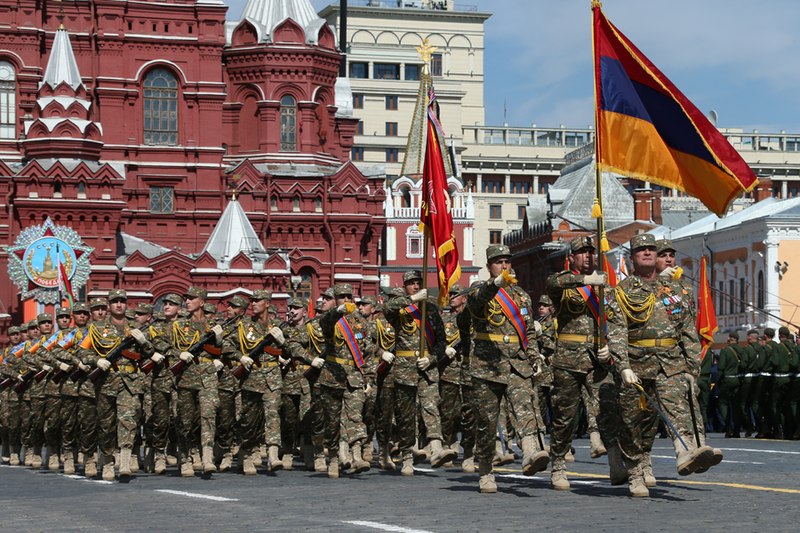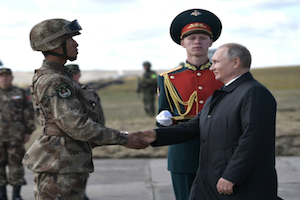Amid Rising Crises, Turkmenistan Strengthens its Military and International Outreach
By John C. K. Daly
November 19, 2020, the CACI Analyst
The year 2020 is proving to be inordinately arduous for Turkmenistan, inflicted with a multitude of problems including the Covid-19 pandemic, plummeting natural gas prices and increasing concerns about rising violence in neighboring Afghanistan. Complicating the Turkmen government’s response to these crises is the country’s relative isolation imposed by its internationally recognized policy of strict neutrality. Given the transnational nature of these issues, the Turkmen government is fitfully readjusting its domestic and foreign policies to cope, as the threats are both internal and regional. The Turkmen government is increasingly aware that Turkmenistan cannot unilaterally resolve these threats and is attempting to devise international outreach programs for assistance, a significant deviation from its previous isolationist nationalist policies.

Russia and Turkey: Behind the Armenia-Azerbaijan Clashes?
By Avinoam Idan
August 31, 2020, the CACI Analyst
The violent gunfire that erupted between Armenia and Azerbaijan in July appears to have no connection with the ongoing conflict over the Nagorno-Karabakh region. This event took place far from Nagorno-Karabakh, in the Tovuz region. The strategic importance of the Tovuz region is its location on the energy export pipelines route from the Caspian Sea to Turkey and Western markets. It would seem that the players involved here are none other than Russia and Turkey, in active conflict vis-a-vis the war in Libya. The gunfire can be interpreted as a Russian message to Turkey, regarding its energy supply security from the Caspian Sea. If so, this is not the first time Russia has used Armenia to further its interests in the region.

China-Russia Security Cooperation in Central Asia
By Nurlan Aliyev
October 22, 2019, the CACI Analyst
In August, China and Tajikistan held counterterror drills in Gorno-Badakhshan. Tajikistan’s Defense Ministry stated that the goal of the joint drills was to improve preparedness to counter possible threats posed by terrorist and extremist groups. The “Cooperation-2019” exercise included about 1,200 troops from both sides, including approximately 580 troops from various units and services of the Chinese PLA Western Theater Command. Following China’s substantial involvement in Central Asian economies, Beijing is increasing its military cooperation with the regional states. China’s military encroachment into Russia’s historical “sphere of influence” has nevertheless not led to a visible reaction from Moscow.



